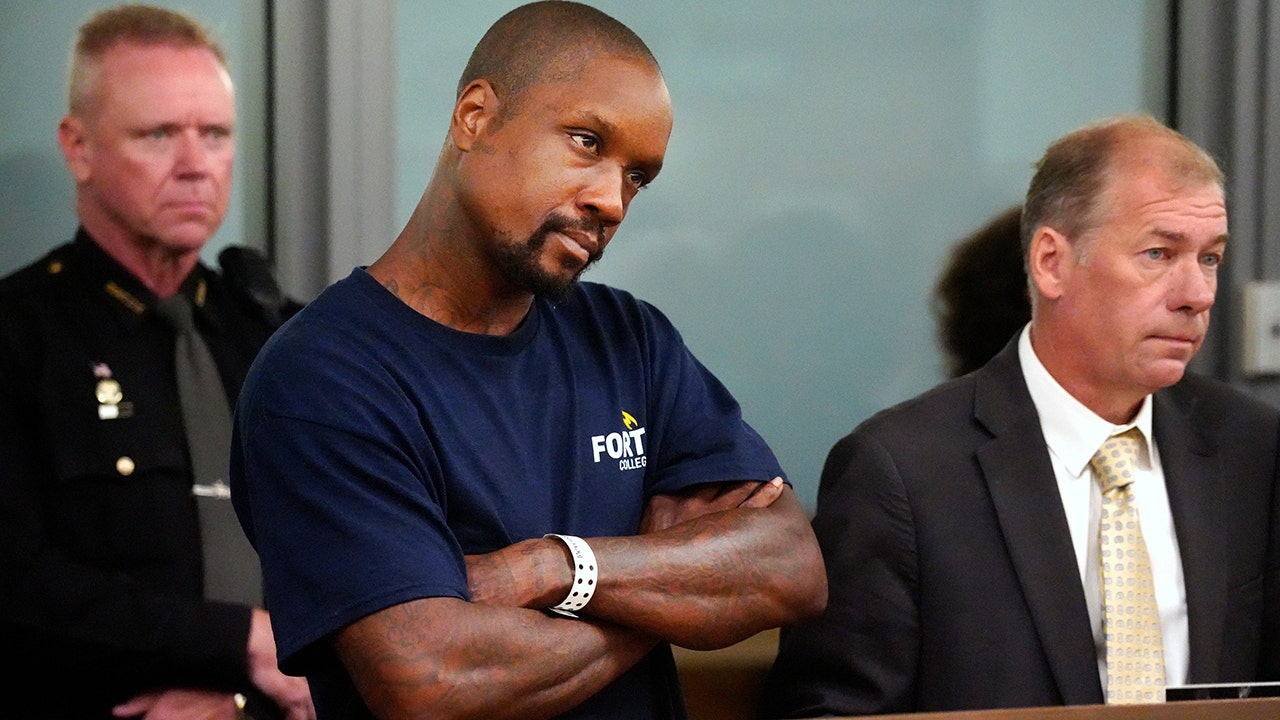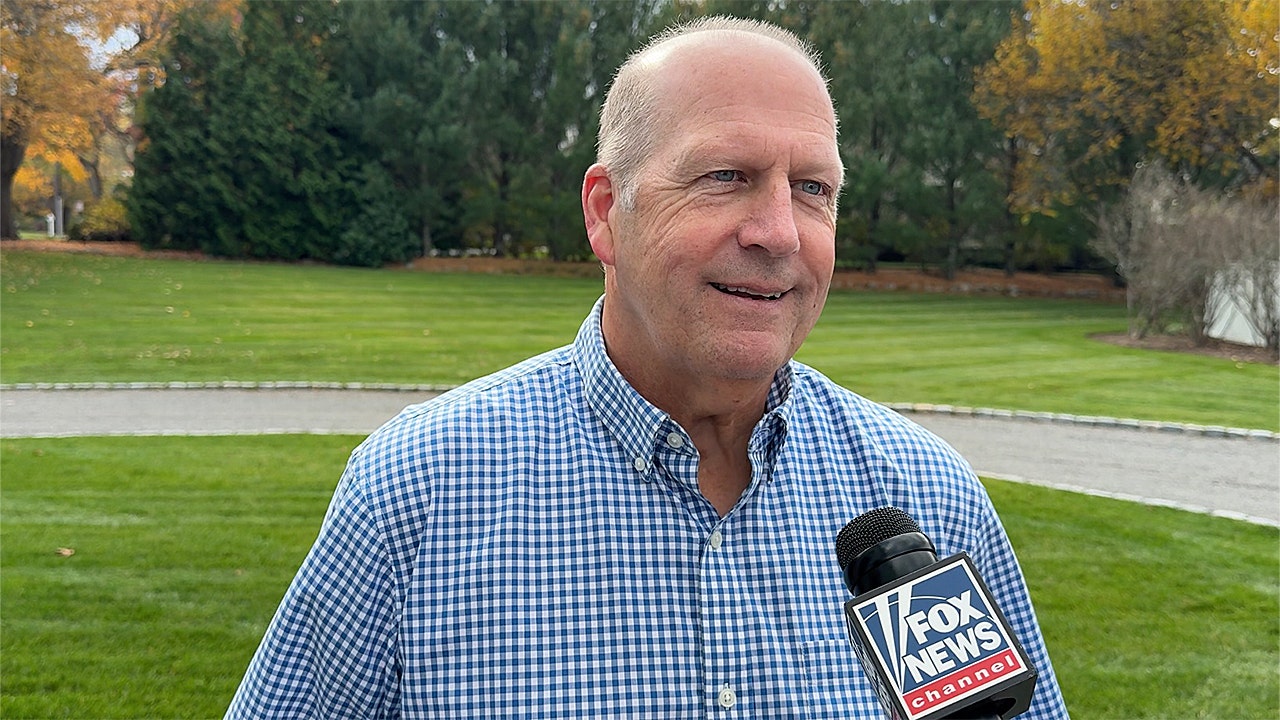Illinois Governor J.B. Pritzker is facing renewed scrutiny after making comparisons between current U.S. politics and the rise of Nazi Germany, with critics pointing to his extended use of emergency powers during the COVID-19 pandemic as evidence of hypocrisy.
Pritzker’s remarks came in a recent interview, where he said, “the Nazis tore down the constitutional republic in Germany in the early 1930s. It doesn’t take much. And we’re seeing pieces of that sort of authoritarian activity happening right now in this country.”
He later shared the comment on X, stating, “tyranny requires your fear and your silence and your compliance. Democracy requires your courage.”
.@GovPritzker won’t mention his record of pandemic-era authoritarianism: letting employers fire people over an experimental COVID vaccine that didn’t stop infection, enforcing mask mandates, shutting down small businesses, and now trying to confiscate legally owned firearms.…
— Tiger (@TheTigerPundit) August 11, 2025
Trump’s Sovereign Wealth Fund: What Could It Mean For Your Money?
The comments were made against the backdrop of President Donald Trump’s decision to federalize law enforcement in Washington, D.C., as part of an initiative to address rising crime in the nation’s capital.
The move has drawn criticism from Democratic leaders and media outlets, who have accused the president of authoritarian behavior.
This Could Be the Most Important Video Gun Owners Watch All Year
Pritzker, who has been mentioned as a possible candidate for the 2028 presidential election, has positioned himself as a prominent voice in opposition to Trump’s policies.
He has also gained attention from national Democrats, hosting fleeing Texas legislators during their 2021 protest over redistricting laws.
Illinois, however, has long been considered one of the most heavily gerrymandered states in the country, with district maps drawn under decades of Democratic control.
Critics of Pritzker’s recent remarks point to his own record during the pandemic.
From March 2020 through 2023, Illinois operated under a series of state disaster declarations related to COVID-19.
Tyranny, you say? https://t.co/0C0WSr5nHe pic.twitter.com/dm2E4gg3xa
— Tom Bevan (@TomBevanRCP) August 13, 2025
In March 2023, Pritzker declared the pandemic a disaster for the 40th time, making Illinois one of just six states still maintaining a public health emergency at that time — five of which were led by Democratic governors.
Neighboring states had ended their emergency declarations well before Illinois.
The governor’s use of extended emergency powers allowed him to implement stay-at-home orders and other statewide mandates for more than three years.
Early in the pandemic, reports emerged that members of Pritzker’s family had traveled to Florida and Wisconsin while Illinois residents were under strict orders to remain at home.
On April 29, 2020, Pritzker was asked by reporters about a Patch.com report regarding his wife and family’s travel during the stay-at-home order.
“My official duties have nothing to do with my family. So, I’m not going to answer that question. It’s inappropriate and I find it reprehensible,” he said at the time.
Just now : @GovPritzker won’t even answer a question about his wife’s non essential travel. Hypocrisy by this failure. #Illinois democrats don’t even feign to live by the rules #twill pic.twitter.com/CImlZWTwBY
— North Side Anthony 🇺🇸 (@chicagoanthony_) April 29, 2020
Days later, Pritzker accused political opponents of endangering his family, telling reporters that he hoped a Republican-aligned political action committee would “stop doing it because they are putting my children and family in danger.”
The episode fueled criticism from Republicans and media commentators who argued the governor was holding Illinois residents to rules his own family did not follow, while also refusing to address questions about the matter.
Pritzker’s latest comments on authoritarianism have reignited debate over whether political leaders’ rhetoric aligns with their records.
Opponents argue that his prolonged use of unilateral authority during the pandemic undermines his credibility on the subject, while supporters say his warnings about democratic erosion are consistent with his role as an elected leader speaking out on national issues.
As speculation continues over Pritzker’s political future, his remarks — and the responses to them — highlight the sharp partisan divide over both the meaning of “authoritarianism” and how it should be applied in the context of American politics.
Read the full article here


![Pritzker Compares Trump to Nazis, Internet Hits Him with Receipts of His Own Tyranny [WATCH] Pritzker Compares Trump to Nazis, Internet Hits Him with Receipts of His Own Tyranny [WATCH]](https://www.lifezette.com/wp-content/uploads/2025/08/2025.08.12-02.44-lifezette-689b535793676.jpg)




![NBC’s Welker Spirals Out of Control While Pressing Speaker Johnson on Georgia Election Probe [WATCH] NBC’s Welker Spirals Out of Control While Pressing Speaker Johnson on Georgia Election Probe [WATCH]](https://www.lifezette.com/wp-content/uploads/2025/10/2025.10.16-08.15-lifezette-68f0a9abcc391.jpg)


![CNN’s Dana Bash Seems Really Worried About Tulsi Gabbard Looking Into Fulton County Voter Fraud [WATCH] CNN’s Dana Bash Seems Really Worried About Tulsi Gabbard Looking Into Fulton County Voter Fraud [WATCH]](https://www.lifezette.com/wp-content/uploads/2025/05/2025.05.16-09.36-lifezette-6827070eae555.jpg)

![Trump ‘Is Never Going to Waiver’ [WATCH] Trump ‘Is Never Going to Waiver’ [WATCH]](https://www.lifezette.com/wp-content/uploads/2025/08/2025.08.29-11.38-lifezette-68b19149e52bc.jpg)